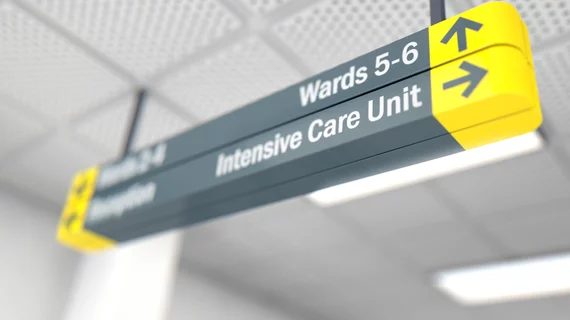UMass Memorial partners with AI platform to help monitor patients
The UMass Memorial Medical Center in Worcester, Massachusetts, is partnering with Israel-based company CLEW Medical to integrate an AI analytics platform into its Tele-ICU program to help monitor patients and make predictions about life-threatening conditions.
The companies announced the newly-formed partnership on Friday, Nov. 9, according to a press release. The CLEW AI platform uses prediction models and advanced analytics to watch for clinical deterioration in patients. That information is then used to make predictions and help physicians and nurses make timely decisions regarding a patient’s care.
The partnership will allow UMass to use the platform within its Tele-ICU and monitor five different facilities and about 150 patients in real-time, the release stated.
"Electronic tools that enhance situational awareness are a key component of telemedicine support for patients and their healthcare communities," Craig Lilly, vice chair of Critical Care at UMass, said in a prepared statement. "In our partnership with CLEW, I am excited to see just what these advanced tools can do within UMass Medical Center."
UMass is the latest major institution looking to use AI in an effort to improve patient care. Last month, the Mayo Clinic and healthcare device company Eko announced a partnership and plan to develop technology that uses machine-learning to help physicians better detect easily-missed heart diseases in patients.

